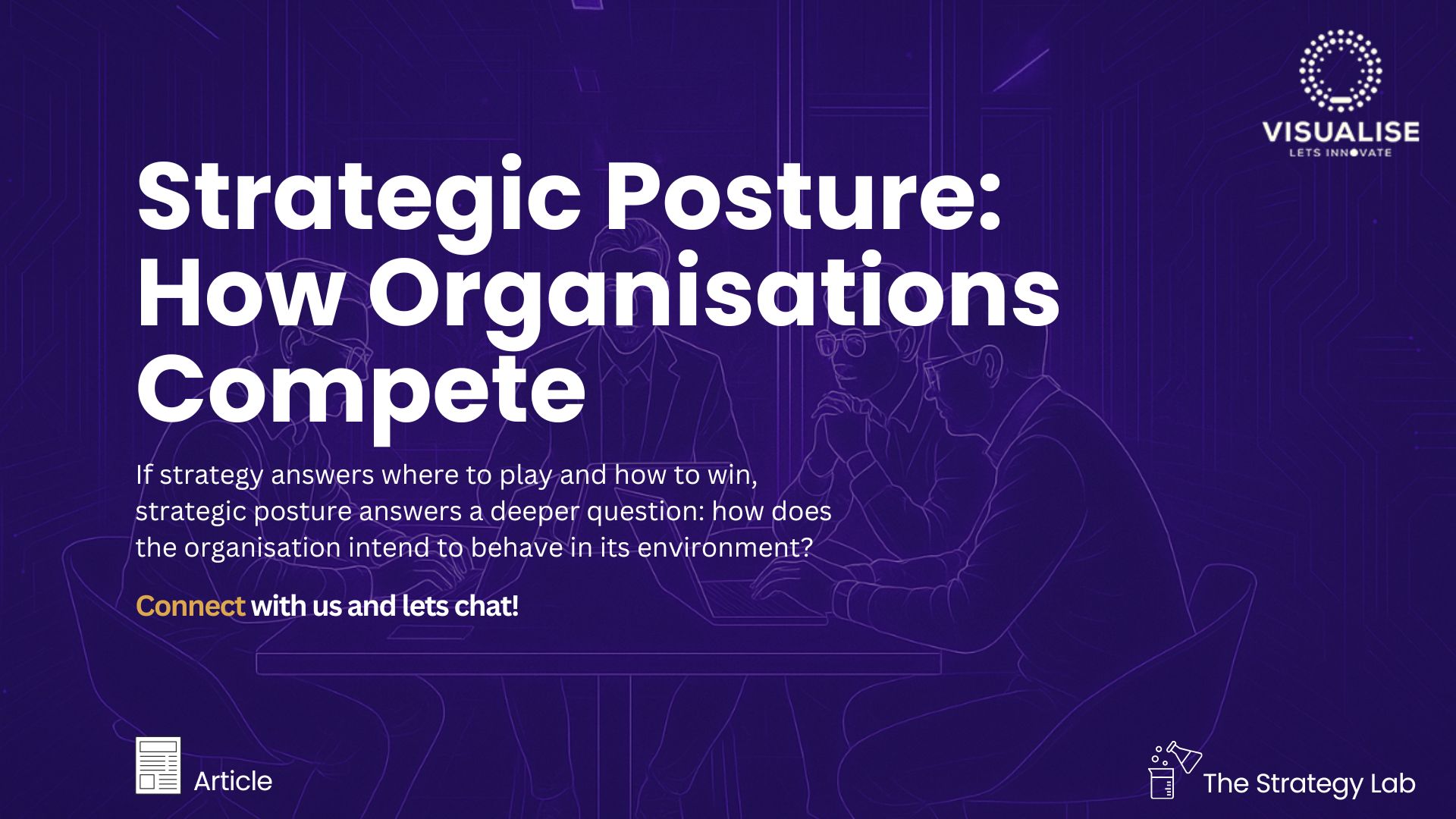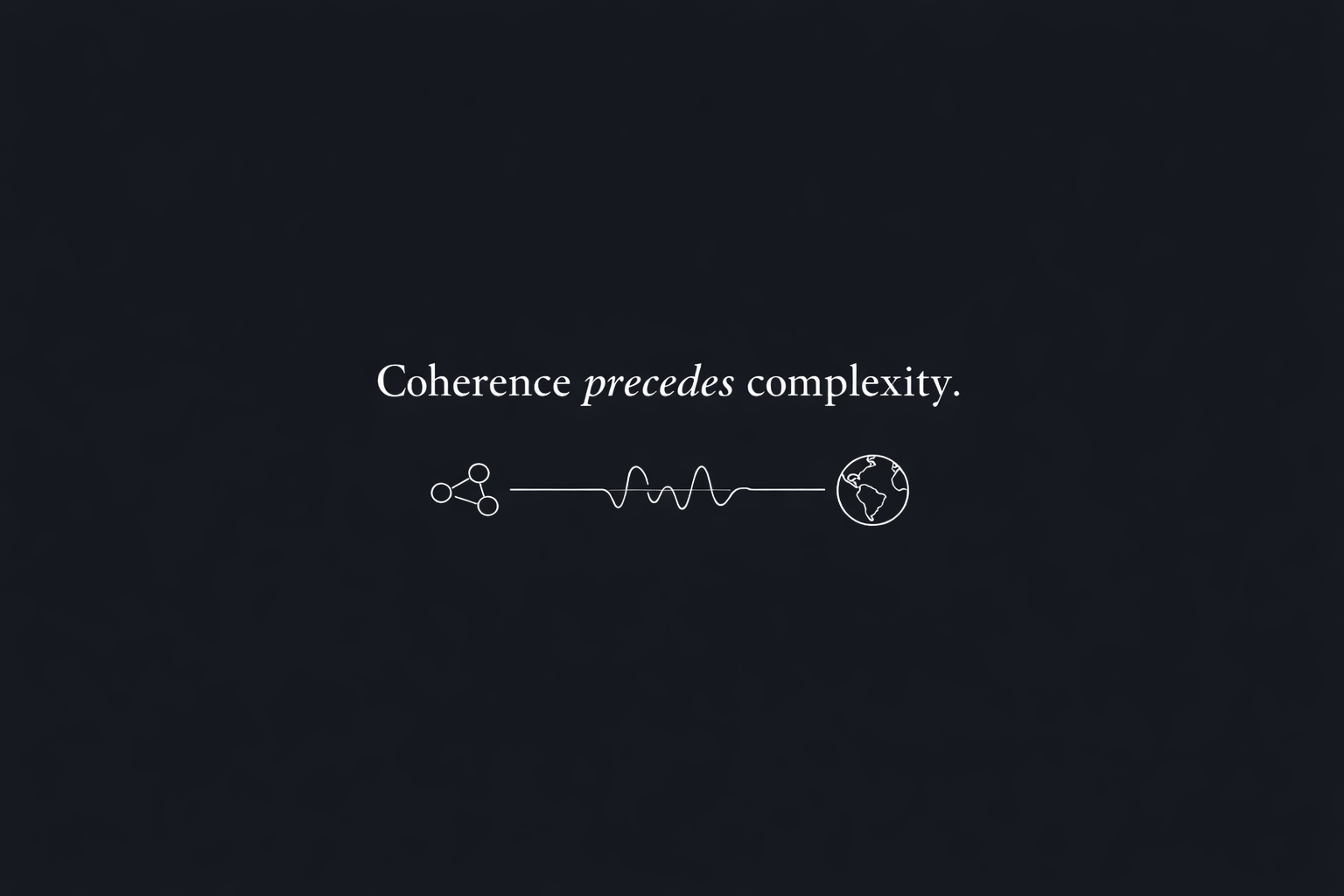Dec12

Without getting too into the nitty-gritty of the current world climate, I think the population’s majority would agree that additional mental health support wouldn’t do any harm.
It is no secret that mental health is a crucial aspect of overall well-being; impacting how we think, feel, and act. It influences our ability to handle stress, relate to others, and make decisions. Recognizing its importance is essential for fostering a balanced and fulfilling life.
Today, however, while recognition of mental health has risen tremendously, it seems that access to professionals and aid has become more and more out of reach with every passing year. The rising need for mental support alongside inflation has left many of us wondering how and when has stable mental health turned into a privilege rather than a given. And how can we take matters into our own hands?
Firstly, mental health affects physical health. Chronic stress, anxiety, and depression can lead to physical health problems such as heart disease, high blood pressure, and weakened immune systems. Conversely, good mental health can enhance physical health by promoting better sleep, improved immune function, and increased energy levels.
Secondly, mental health is vital for maintaining healthy relationships. Emotional well-being allows individuals to communicate effectively, empathize with others, and manage conflicts constructively. Poor mental health can strain relationships, leading to misunderstandings, resentment, and isolation. By prioritizing mental health, we can build stronger, more supportive connections with those around us.
In the workplace, mental health is equally important. Employees with good mental health are more productive, creative, and engaged. They are better equipped to handle challenges and adapt to changes. On the other hand, poor mental health can result in decreased productivity, increased absenteeism, and higher turnover rates. Employers who invest in mental health initiatives, such as counseling services and stress management programs, can create a more positive and efficient work environment.
Furthermore, mental health plays a significant role in personal development. It enables individuals to set and achieve goals, build resilience, and maintain a positive outlook on life. Mental health challenges, if left unaddressed, can hinder personal growth and lead to a sense of stagnation.
Lastly, addressing mental health reduces the stigma associated with mental illness. By promoting open conversations and understanding, we can create a more inclusive society where individuals feel supported and valued. This can encourage those struggling with mental health issues to seek help without fear of judgment.
The list of benefits from good mental health goes miles on end and has been proven to be the main cause and solution to most issues. However, a larger issue remains: How do we make mental health support accessible to everyone?
Since Sigmund Freud, known as the “Father of Psychology,” developed the classic therapy session, a person lying down on a couch and talking mindlessly to a psychologist has been a recurring scene in almost every movie and TV show. This method works for many individuals and has long been recognized—with minor changes—as the go-to in many societies. But it isn’t cheap. In fact, it is expensive for most.
With thousands of articles and research released, bits and bobs of accessible mental health care facilities are popping up. Apps like “Better Health” and charge-free support groups have been the backbone for people struggling financially. However, as mentioned before, mental health has a bad rep. Psychologists are mocked and disregarded to this day.
Is there another way?
Each and every one of us has that ‘something’ that keeps us afloat. For some, it’s therapy. For others, it’s working out. Ultimately, there are endless ways to pull ourselves out of the dark and push forward; the key is to find which of them works for you.
Personally, I have been practicing meditation since my early 20s. Although this habit hasn't given me any epiphanies as the younger me may have thought, I found something much dearer to me today; peace of mind. I found myself easily dealing with stress, finding relaxation in everything, and with a higher degree of resilience.
In addition, every morning I take a few minutes to perform breathing exercises using different techniques such as the Wim Hof method, before hopping into a cold shower. These two simple routines have boosted my energy levels, resistance, and immunity.
Holistic therapy can include various art forms, yoga, games, dance, and animals.
Mental health is integral to every aspect of our lives. It should be prioritized and minded delicately. Routines, methods, and accessibility are variables that are adjusted to every person’s needs and schedule and there is no shame in taking the time to figure out the right one for you.
There is not one correct method and in order to achieve the best results for you, I would recommend setting aside designated time to read about and experiment with this complex topic. It takes time and patience, but it is worth it in the end.
Keywords: Health and Wellness, Mental Health
 HR Is Designed to Maintain. Succession Planning Demands It Transform.
HR Is Designed to Maintain. Succession Planning Demands It Transform. AI and Embedded Connectivity: A New Era of Smart Devices
AI and Embedded Connectivity: A New Era of Smart Devices Strategic Posture: How Organisations Compete
Strategic Posture: How Organisations Compete Coherence Before Complexity
Coherence Before Complexity The Corix Partners Friday Reading List - February 20, 2026
The Corix Partners Friday Reading List - February 20, 2026